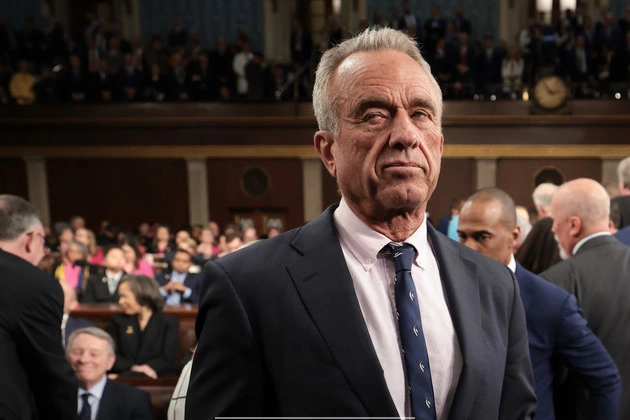
Amidst significant government changes, negotiating the farm bill poses unique challenges and opportunities for lawmakers. Sen. Amy Klobuchar (D-Minn.) highlighted the obstacles they face due to the Trump administration’s policy shifts and other ongoing policy battles.
Despite the turmoil, Sen. Klobuchar expressed optimism about reaching a consensus on the farm bill this year. However, she acknowledged the uphill battle, stating that the current chaotic environment, marked by increased corruption and rising costs, complicates the negotiation process.
The Importance of Democratic Priorities
Sen. Klobuchar emphasized the significance of including Democratic priorities such as funding for nutrition and conservation programs in the farm bill. She noted that without these crucial elements, garnering enough Republican votes to pass the bill becomes challenging, echoing the disagreements that derailed negotiations in the previous year.
Pressure mounts on lawmakers from constituents and agricultural groups to finalize a new farm bill before the upcoming midterm elections. The $1.5 trillion legislative package, typically revised every five years, remains stagnant since its last update in 2018.
While a GOP-led bill made progress in the House Agriculture Committee in May 2024, it never advanced to a floor vote. With Republicans holding majorities in both congressional chambers, there is renewed hope for pushing through a new farm bill, albeit requiring some bipartisan cooperation for success.
Building Bridges for Legislative Success
Efforts to bridge the partisan divide and secure a new farm bill deal rest on collaboration between key figures like Sen. Klobuchar and Senate Agriculture Chair John Boozman (R-Ark.). Their ability to find common ground is crucial in navigating the complexities of legislative negotiations.
Sen. Deb Fischer (R-Neb.) echoed the sentiment of cooperation, expressing her optimism for the collaborative efforts between Sen. Klobuchar and Sen. Boozman. The success of their partnership holds the key to advancing the farm bill and addressing the evolving needs of the agricultural sector.















